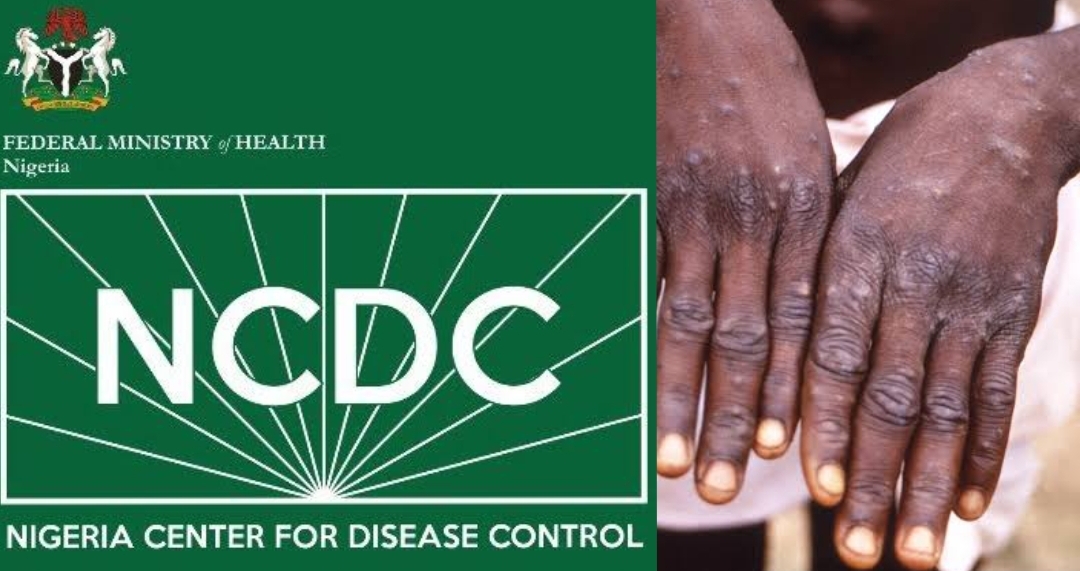By Iyemah David
The Nigeria Centre for Disease Control and Prevention (NCDC) said 39 cases of Mpox have been recorded in the country.
Dr Jide Idris, Director-General of the NCDC, who disclosed this to newsmen on Thursday in Abuja, highlighted public health challenges, including Mpox resurgence, cholera outbreak, and the rising threat of antimicrobial resistance (AMR).
According to him, the diseases do not only pose significant health risks but also underscore the need for coordinated national and regional responses.
He said that mpox, declared a Public Health Emergency of International Concern (PHEIC) by the WHO and Africa CDC, has seen a disturbing rise in cases across Africa in 2024.
“There are 2,863 confirmed cases and 517 deaths of mpox reported across 13 countries.
“In Nigeria, 39 confirmed cases have been recorded, predominantly in Bayelsa, Cross River, Ogun and Lagos states.
“The NCDC is ramping up surveillance and public awareness campaigns to curb the spread of this zoonotic disease,” he said.
He said that cholera outbreak had been a persistent challenge, adding that the NCDC reported a significant cholera outbreak with 5,951 suspected cases and 176 deaths as of August 11.
“The ongoing rains and poor sanitation practices are exacerbating the situation. The NCDC’s response includes deploying rapid response teams, enhancing laboratory testing, and conducting community engagement in high-risk areas,” he said.
Dr Idris said that AMR continued to be a critical concern, with Nigeria, contributing to over 64,500 deaths annually due to related complications.
He said that the NCDC was spearheading efforts to combat this threat through public education, improving antibiotic stewardship, and strengthening surveillance across human, animal, and environmental sectors.
He said that as Nigeria entered the peak seasons for diseases like Lassa fever, yellow fever, and cerebrospinal meningitis, the NCDC was implementing measures to enhance preparedness.
“These include deploying medical countermeasures, conducting refresher training for rapid response teams, and engaging communities through targeted communication strategies,” he said.
He said that the agency’s comprehensive approach to tackling these public health challenges reflected the urgency and scale of the threats facing Nigeria.
“However, sustained efforts and collaboration across all sectors of society will be crucial in mitigating the impact of these diseases and safeguarding public health,” the director-general said.




